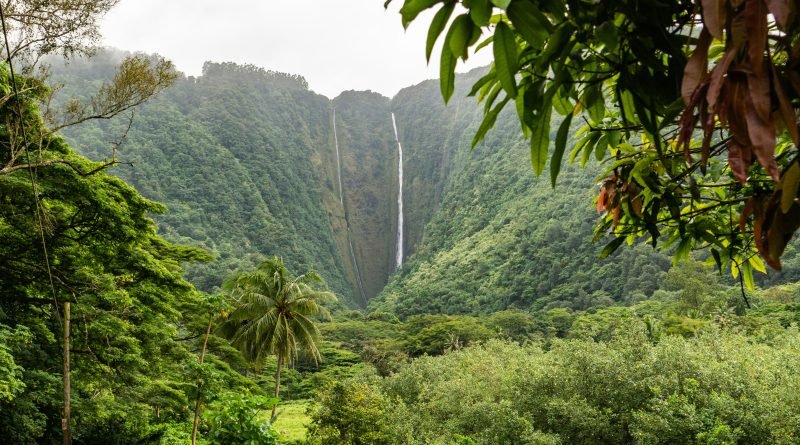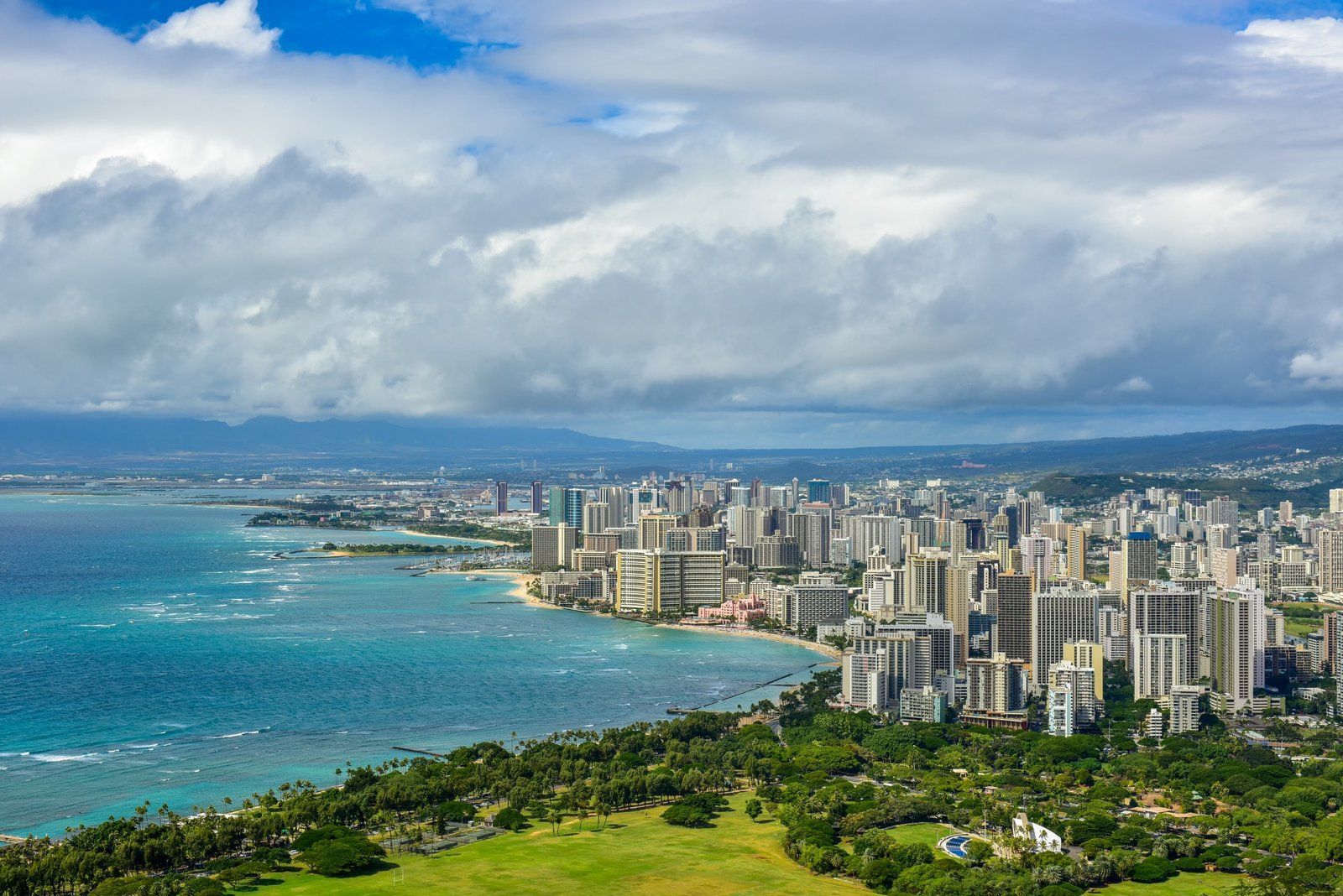Hawaii: A new law, Act 96, will impose a “green tax” on tourists to help safeguard Hawaii’s natural ecosystems from the growing impacts of climate change.
The fee will raise the state’s transient accommodations tax (TAT) for nightly lodging, this includes hotel stays, cruise ship cabins, and short-term rentals.
Currently TAT in Hawaii is set to 10.25 per cent and is set to raise to 11 per cent in 2026 and is expected to rise again to 12 per cent.
Hawaii’s four counties have also added an extra tax on top of the state TAT at a maximum of 3 per cent, meaning travellers could pay a total of 14 per cent tax on accommodations.
Hawaii welcomes around 10 million visitors a year and this fee could raise around $100 million (£78.9 million) annually.
Revenue from the fee will be allocated to Hawaii’s response to future disasters, mitigate climate change impacts by addressing wildfire risks and protecting vulnerable environments, and sustainable tourism.
Governor Josh Green said: “Hawaii is at the forefront of protecting our natural resources, recognising their fundamental role in sustaining the ecological, cultural, and economic health of Hawaii.”
The governor initially proposed that proceeds from the green tax be allocated to the Climate Mitigation and Resiliency Special Fund and the Economic Development and Revitalisation Special Fund.
However, following negotiations with the State Senate Ways and Means Committee, this earmarking was removed.
Instead, the revenue will now be directed into the state’s general fund, requiring the governor to specifically request the green tax revenue in the executive budget.
This change has raised concerns among local organisations and media, who fear the funds could be diverted to unrelated state priorities.
Highlights:
- Hawaii has imposed a new green tax for tourists, impacting fees for overnight lodging
- Travellers could pay 14 per cent tax on accommodations
- Revenue from the fee will be allocated to addressing climate change issues in the state
- Concerns come from local groups for funds being shifted from aiding climate change to other unrelated projects







